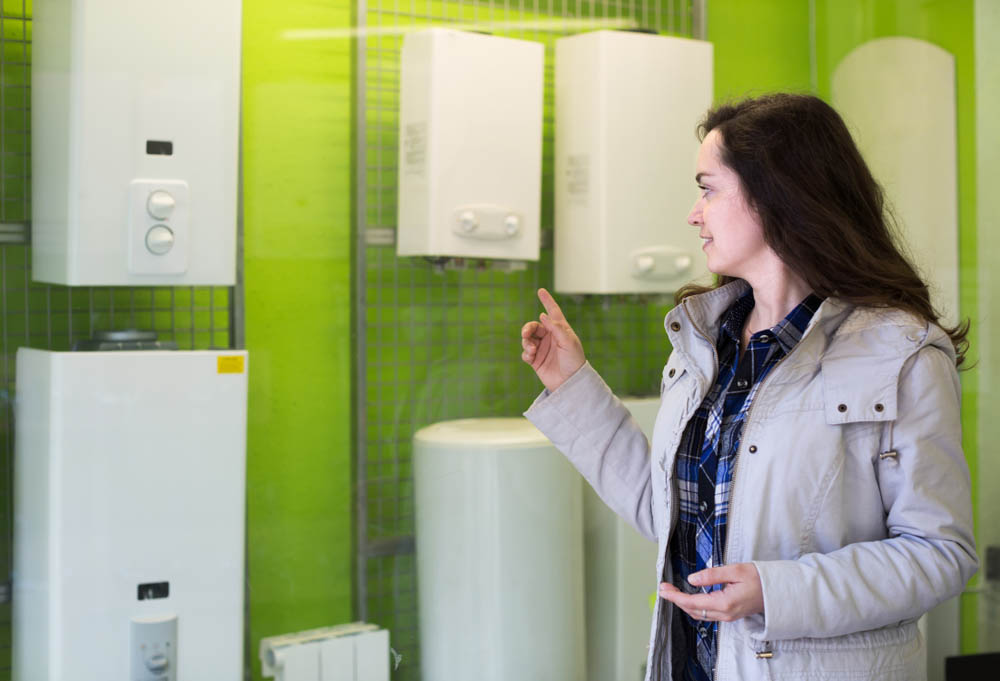
When it comes to home comfort, a reliable water heater is essential. If you encounter any issues with your unit, timely water heater repair in Round Rock, TX, is crucial to maintaining its efficiency and performance. But if a new unit is necessary, here’s what to consider.
Types of Water Heaters
Understanding the different types of water heaters available is the first step in selecting the right one for your water heater installation. Here are the main options:
1. Tank-based Water Heaters
These are the most common and traditional type of water heaters. They store a large amount of hot water, typically between 30 and 80 gallons, which is heated by gas or electricity.
Pros: Lower upfront cost, simple installation, reliable.
Cons: Higher energy costs due to standby heat loss, larger footprint.
2. Tankless Water Heaters
Also known as on-demand water heaters, these units heat water directly without the use of a storage tank.
Pros: Energy-efficient, endless hot water supply, compact size.
Cons: Higher upfront cost, a tankless water heater may require upgrades to gas lines or electrical systems, limited flow rate.
3. Heat Pump Water Heaters
These use electricity to move heat from the air or ground to heat water, making them highly energy-efficient.
Pros: Lower operating costs, environmentally friendly.
Cons: Higher initial cost, require more space, may not perform well in very cold climates.
4. Solar Water Heaters
These use solar panels to collect energy from the sun to heat water.
Pros: Very low operating costs, renewable energy source.
Cons: High upfront cost, performance dependent on climate, requires a backup system for cloudy days.
5. Condensing Water Heaters
These are similar to conventional tank water heaters but are more efficient because they use the exhaust gases to heat the water.
Pros: Energy-efficient, lower operating costs.
Cons: Higher initial cost, more complex installation.
Key Factors to Consider
Consider the following factors to ensure you select the best option for your water heater replacement needs:
1. Fuel Type
The fuel type available in your home will significantly influence your choice:
Electricity: Widely available, can be used for all types of water heaters.
Natural Gas: More affordable than electricity in many areas, ideal for tank and tankless heaters.
Propane: An alternative for areas without natural gas.
Solar: Requires adequate sunlight and space for solar panels.
2. Size and Capacity
The size of your household and your hot water usage patterns will determine the required capacity:
Tank Water Heaters: Choose a size that can meet your peak demand. For example, a family of four might need a 50-gallon tank.
Tankless Water Heaters: Consider the flow rate, which is measured in gallons per minute (GPM). Ensure it can handle multiple simultaneous uses, such as showers and laundry.
3. Energy Efficiency
Energy-efficient water heaters can save you money in the long run. Look for units with the ENERGY STAR label and check the Energy Factor (EF) rating. Higher EF ratings indicate greater efficiency.
4. Cost
Consider both the upfront cost and the long-term operating costs. While tankless and heat pump water heaters have higher initial costs, they often provide significant savings on energy bills over time.
5. Installation and Maintenance
Professional installation is crucial, especially for gas and tankless units. Consider the ease of water heater maintenance and the availability of professional services in your area.
6. Warranty
A good warranty can provide peace of mind. Look for a water heater with a long warranty period, as this often indicates better quality and reliability.
Get advice from a certified plumber to ensure compatibility with your home’s plumbing and electrical systems. Contact Kinsey Plumbing Services today.



